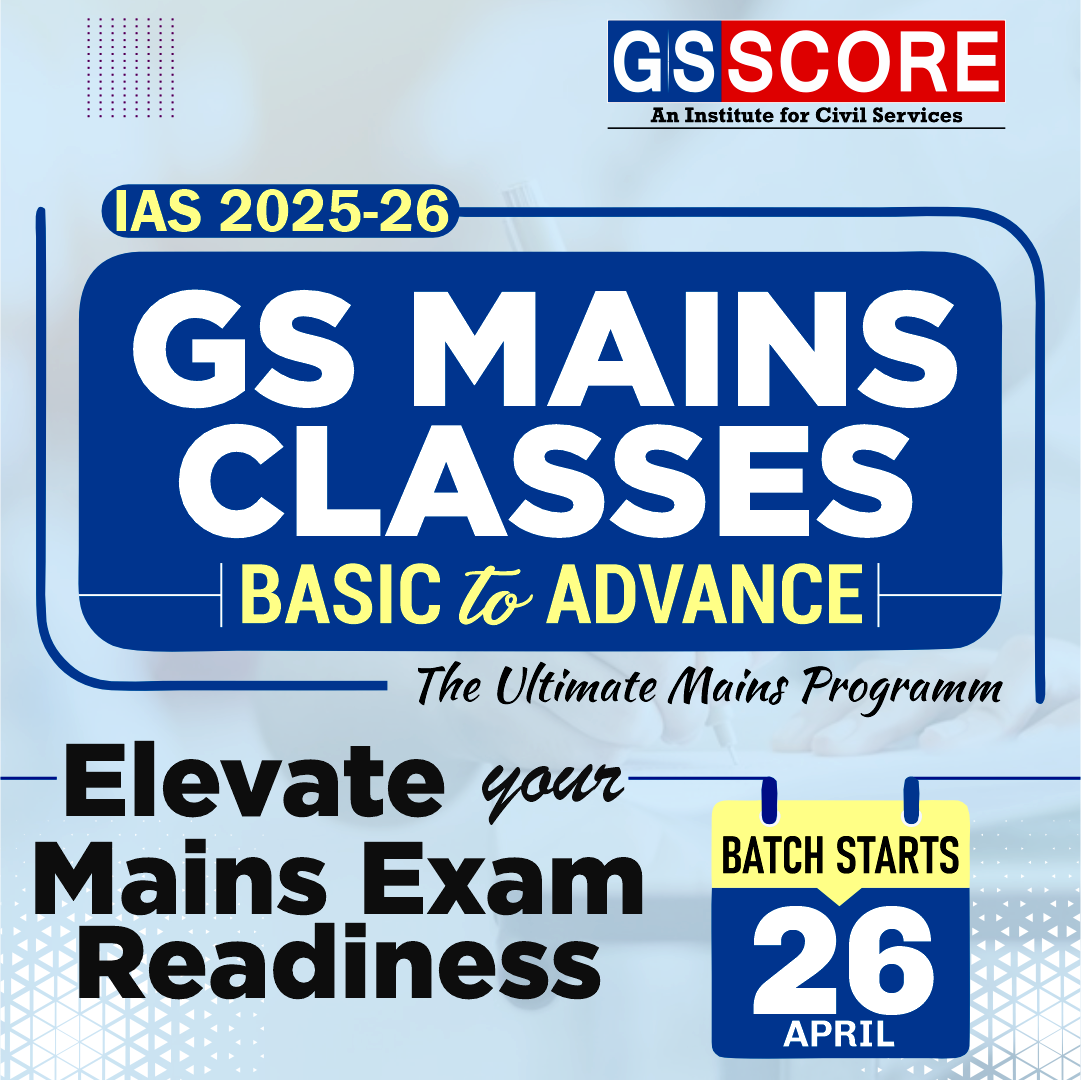Sanskrit is the main liturgical language of Hinduism. However, only about 1% of the population of India speaks Sanskrit. To what extent, the Central Sanskrit Universities Bill, will help in reviving the Sanskrit Language?
- Category
GS-I - Published
2020-03-23 12:46:00

Subject: Culture
Approach:
- Introduction-discuss Sanskrit Language
- Discuss key-features of the Bill
- Significance of the Bill
- Conclude accordingly
Model Answer
Model Answer:
Sanskrit is the main liturgical language of Hinduism and used to be the lingua franca that helped all of the different regions of Greater India communicate with each other. Sanskrit is the language of Hindu and Buddhist chants and hymns as well. Today, only about 1% of the population of India speaks Sanskrit, though it is protected as a scheduled language and is the official language of one Indian state, Uttarakhand.
India, in its many different incarnations, has a history that dates back to before the Iron Age, when Vedic Sanskrit, the ancestor of Sanskrit, was first spoken. This later gave way to Classical Sanskrit, which was used to write many of the great Indian epics, such as the Ramayana.
|
Sanskrit, the classical language of India:
|
Recently, the Central Sanskrit Universities Bill, 2020 has been passed by the Parliament. This bill will convert the following into Central Sanskrit Universities:
- Rashtriya Sanskrit Sansthan, New Delhi
- Shri Lal Bahadur Shastri Rashtriya Sanskrit Vidyapeeth, New Delhi
- Rashtriya Sanskrit Vidyapeeth, Tirupati
- These 3 universities will have more opportunities to spread the knowledge of Sanskrit language not only in India but also across the world in a better way.
- The Universities will:
- disseminate and advance knowledge for the promotion of Sanskrit
- make special provisions for integrated courses in humanities, social sciences, and science
- train manpower for the overall development and preservation of Sanskrit and allied subjects.
Functions of the Universities:
- Key powers and functions of the University include:
- prescribing courses of study and conducting training programmes
- granting degrees, diplomas, and certificates
- providing facilities through a distance education system
- conferring autonomous status on a college or an institution
- provide instructions for education in Sanskrit and allied subjects
Significance of the Bill:
- This is one of the landmark Bills passed by the Parliament which has fulfilled the aspirations and long standing wish of many sanskrit lovers, scholars and Sanskrit speaking people in the country.
- The Central University status awarded to these 3 Universities will enhance the status of these Universities and will give boost to Post Graduate, Doctoral and Post-doctoral education and Research in the field of Sanskrit and Shastraic education.
- This will pave way for many people from abroad to learn Sanskrit and Shastraic lore from these prestigious Central Sanskrit Universities in our country.
Therefore creation of Central Sanskrit Universities will boost further research in Sanskrit with the deep route that may lead to many useful insights and offer solutions to some of the modern-day problems.
Procedure of Answer Writing:
To participate in the answer writing program, Register yourself for the test. Copies will be evaluated only for the registered students. Registration will be closed after the scheduled date.
Answer Writing, Copy Evaluation, and Marks Improvement Cycle:
Step 1 (Theme, Details & Its Topics):
- Every round of Answer writing initiative will be around a theme related to the Subject/Topic.
- Please read the theme and its description, and try to cover the topics given within the theme before writing the answer along with the sources.
Step 2 (Answer Writing):
- Questions will be uploaded on the portal on the scheduled date at 7:00 AM.
- You have to write your answers on an A4 size sheet leaving margins on both sides based on the UPSC pattern.
- Mention your name, email id, location, and phone number on the 1st page in the top right corner and the page number on each page.
- After writing the answers, Click pictures of each page of your answer sheet, merge them all in a single PDF and upload them in the upload section of the same question.
- Kindly submit your written answers before 7:00 PM. Only the first 100 copies will be considered for evaluation. No request for late submission or evaluation will be entertained once the 100 mark is reached.
Note: Answer sheets without the proper guidelines given above will not be accepted for evaluation.
Step 3 (Copy Evaluation): Copies will be evaluated in the next 72 hours of the test date. After evaluation, copies will be uploaded into your account. During the copy evaluation period, doubt clearing and discussion about the theme or topic of the test with respective mentors of the test will be done in the telegram group.
Step 4 (Mentorship): Evaluated copies will be sent to you via mail and also uploaded into your account on the website. After that a mentorship session for the marks improvement with respective faculty will be conducted on the Google Meet, so that students can get a wider perspective of the topics. Here you can discuss your evaluated copies also with the faculty. Top 5 copies of every test will be shared in the telegram group for reference.
Note: Aspirants who have not written the test can also participate in the mentorship session.
For Updates and Mentorship of the session, you will be notified through SMS or Telegram Group.
Note: You have to write your answers on an A4 size sheet leaving margins on both sides based on UPSC pattern. Mention Your Name on 1st page and Page Number on each page. After writing the answer, Click pictures of each page of your answer sheet, merge them all in a single PDF and upload in the Your Answer Copy section of the same question.





